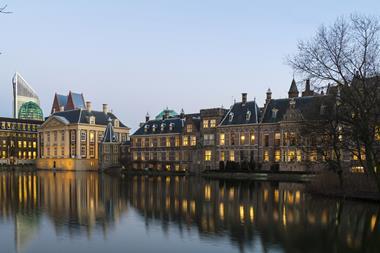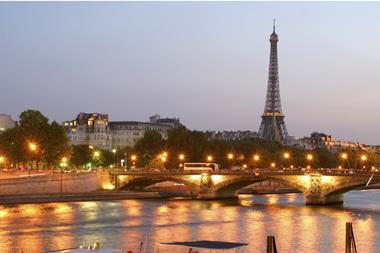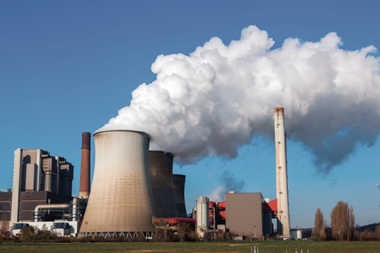IPE deputy editor Daniel Ben-Ami on the new-look politics of Europe’s second most populous country
Regardless of what happens in the second round of the presidential elections the old French political set-up has shattered.
That will be the case even in the likely event that Emmanuel Macron is elected president on 7 May. The two camps that have dominated French politics since the establishment of the Fifth Republic in 1958 have lost their grip.
Many commentators have missed the significance of this shift because they are fixated on the dangers of a victory for Front National’s Marine Le Pen. While such concerns are understandable, they have led many to miss the bigger picture.
Such a blinkered perspective is a particular problem for those – such as pension fund investors – who should be taking a longer-term view. Their focus should be the likely trends over the next few years, rather than short-term fluctuations in equity prices, bond yields, or the euro.
Two political groupings have dominated French politics since 1958: the centre-left socialists and the centre-right republicans. This pattern has remained constant for decades, even though the parties that represent each camp have gone through various incarnations.
This time around, neither group is represented in the second round of the presidential elections. François Hollande, the socialist incumbent president, was so unpopular he did not even seek re-election. Benoît Hamon, the socialist candidate who stood in Hollande’s place, only managed to get about 6% of the vote in the first round.
Meanwhile, François Fillon, the republican candidate, came third with less than 20% of the vote. That left the second round as a battle between Macron and Le Pen.
Despite the fact that Macron is essentially a moderate candidate, the importance of this shift is huge. Even if he wins the second round – which is far from inevitable – there is no going back to the old system.
This leaves the way open for a far more fluid politics. Investors will be operating in a new political environment over the coming years.
Support for Macron could evaporate as fast as it emerged in such an uncertain climate. That could open the way for the Front National or for other, possibly new, political forces to emerge.
There is no return to the past for French politics.









